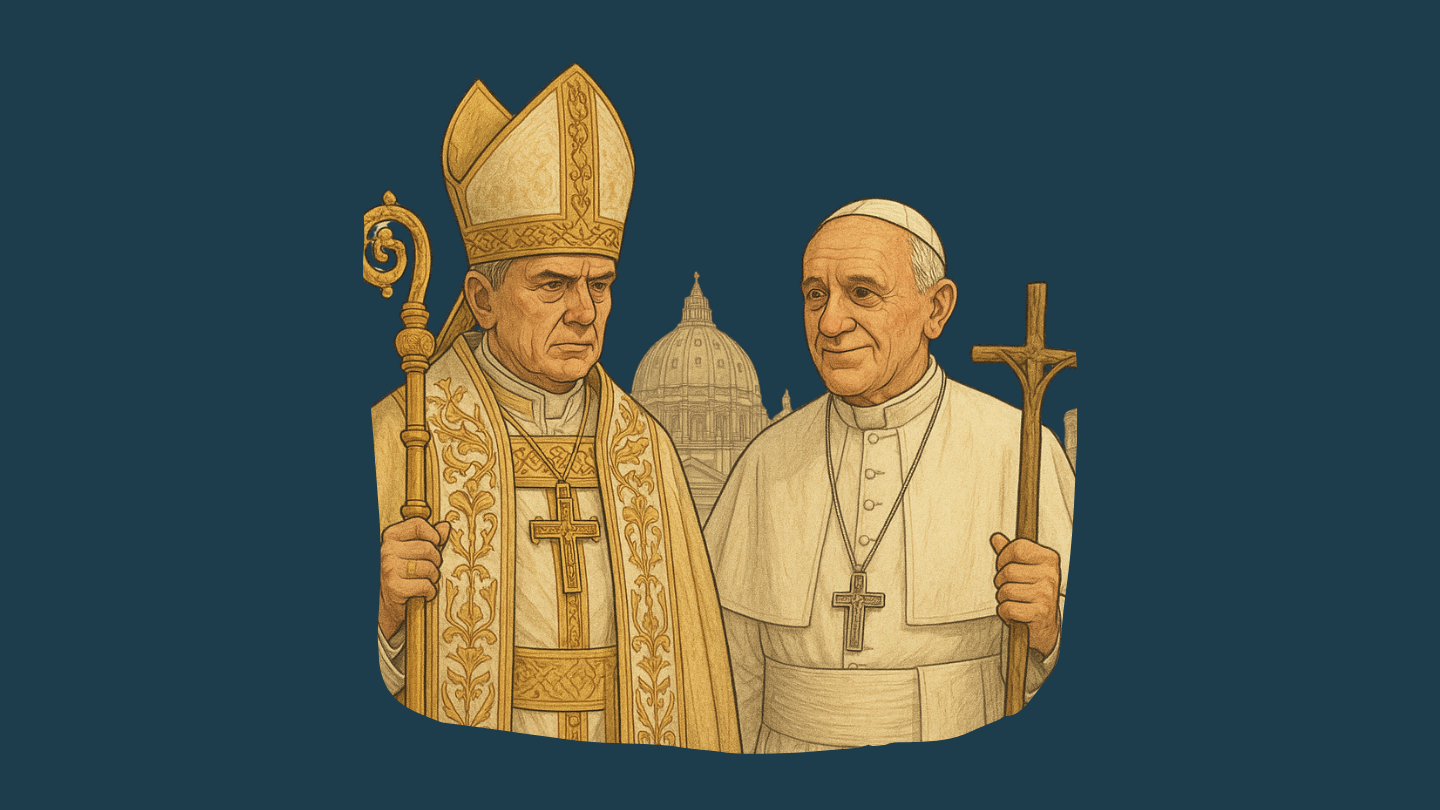sustainability
Translations
Don't see your language? Try Google Translate
Noun type
Abstract Noun: "Sustainability" is an abstract, uncountable noun because it refers to a concept rather than a tangible object. It is always singular and does not have a plural form.
The word sustainability comes from the verb sustain, which originates from the Latin sustinere ("to hold up, support, endure"), composed of sub- ("under") and tenere ("to hold"). The noun form developed in English from sustainable in the mid-20th century.
Definition/s
- The ability to be maintained over the long term without depleting resources or causing harm.
- The practice of meeting present needs without compromising the ability of future generations to meet their own needs, particularly in environmental and economic contexts.
- The capacity of a system, organisation, or process to endure and remain effective over time.
Examples
- The company is working on improving the sustainability of its supply chain.
- Many businesses are adopting policies to ensure the sustainability of their operations.
- Environmental sustainability is a key focus in the fight against climate change.
- Governments must balance economic growth with sustainability to protect natural resources.
What are Openers?

- Openers are conversation starters you will use to participate in a discussion. They come in three forms:
- Ask an open question and understand your conversation partners’s views.
- Make sure to ask follow ups, and remember: this is a conversation, not an interview!
- Tell a personal story. Something that has happened to you, or somebody you know.
- Or tell us about something that you have done or seen.
- Your conversation partners must then follow up with you or reciprocate with their own stories.
- Share an opinion about something that the content has inspired.
- Respectfully identify any agreement or disagreement there is in the room.
What are Openers?

- Openers are conversation starters you will use to participate in a discussion. They come in three forms:
- Ask an open question and understand your conversation partners’s views.
- Make sure to ask follow ups, and remember: this is a conversation, not an interview!
- Tell a personal story. Something that has happened to you, or somebody you know.
- Or tell us about something that you have done or seen.
- Your conversation partners must then follow up with you or reciprocate with their own stories.
- Share an opinion about something that the content has inspired.
- Respectfully identify any agreement or disagreement there is in the room.
The Skinny
You’ve been asked to brief a senior executive (the “boss”) on a key issue from a recent business news event. This person is busy and relies on you to give them insight, not headlines.
You have 60–90 seconds to deliver a concise, high-value update tailored to their concerns and communication preferences.
- Who are they?
- What do they care about?
- What do they not want to hear?
- What part of the story matters most to them?
- Don’t explain everything—prioritise.
- Be clear, precise, and professional.
- Avoid informal or emotional language.
Two Papal Styles: Clerical vs. Pastoral

Understanding the difference can help us see why Pope Francis felt so different from past leaders—and why some people loved his style while others disagreed with it.
- Focuses on rules, tradition, and Church authority
- Speaks with clear, firm direction
- Keeps strong boundaries between Church leaders and members.
Example: A clerical pope might defend strict Church teachings on family or sacraments.
- Focuses on compassion, listening, and inclusion
- Tries to meet people where they are.
- Emphasises mercy over judgment.
Example: A pastoral pope might welcome divorced people or support migrants and the poor.

